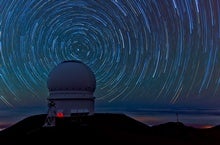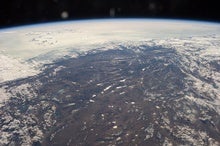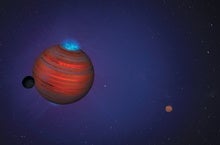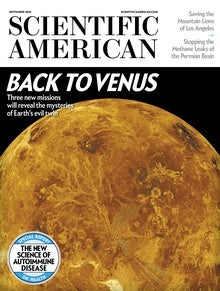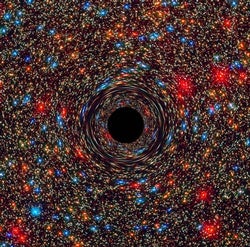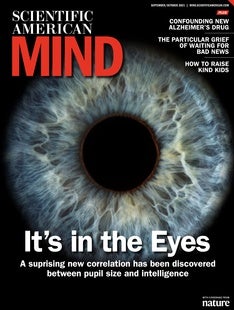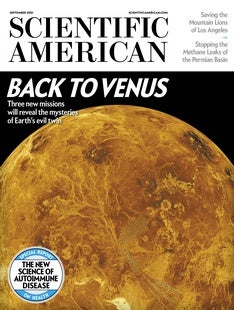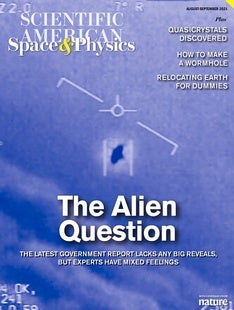 |
| August 26, 2021 |
Dear Reader,
This week, we're thinking about black holes. Or, rather, what hides within them. Our lead story discusses whether singularities—points of infinite density predicted by general relativity to exist inside black holes—can actually exist in the wider outside universe as well. (Spoiler alert: the short answer appears to be "yes," at least for universes that possess more than three dimensions of space!) Elsewhere this week, we have articles about subpar public reactions to Blue Origin's spaceflight plans, the potential for building big telescopes on the Tibetan Plateau, the physics and hype of hypersonic weaponry and more. Enjoy! |
| |
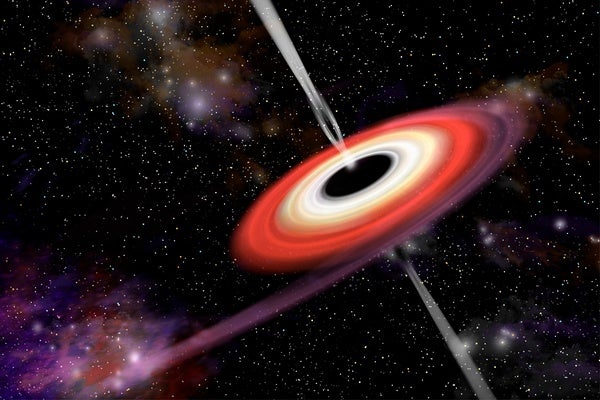 |
| |
| |
| Space Exploration Why Jeff Bezos's Blue Origin Is So Reviled Economic inequality, an indulgent trip to space and an ongoing legal battle with NASA are putting the space company in the hot seat | | By Chelsea Gohd,SPACE.com | | | |
| |
| |
| |
| |
| |
| Cosmology When Physicists Follow Their Gut Fred Hoyle and George Gamow were brilliant iconoclasts who reached opposite conclusions about the expanding universe (for the record, Gamow was right) | | | | |
FROM THE STORE
 | | | |
| QUOTE OF THE DAY
 "Bezos seems to have really strayed from the founding principles of Blue Origin. The public, and many in Congress, look at Blue Origin and Bezos and wonder why someone who is worth $200 billion is protesting and suing NASA for money to build a lunar lander. If it is that important to build a highway to space, then start building it. Government contracts will eventually follow if what you build serves a useful purpose." Eric Berger, journalist | |
| |
FROM THE ARCHIVE
 | | In Search of Naked Singularities The "cosmic censorship" hypothesis says they shouldn't exist—but is it possible that we've already detected them and misinterpreted their nature? By Avi Loeb | May 2020 | | |
LATEST ISSUES
 |
| |
| Questions? Comments?  | |
| Download the Scientific American App |
| |
| |



